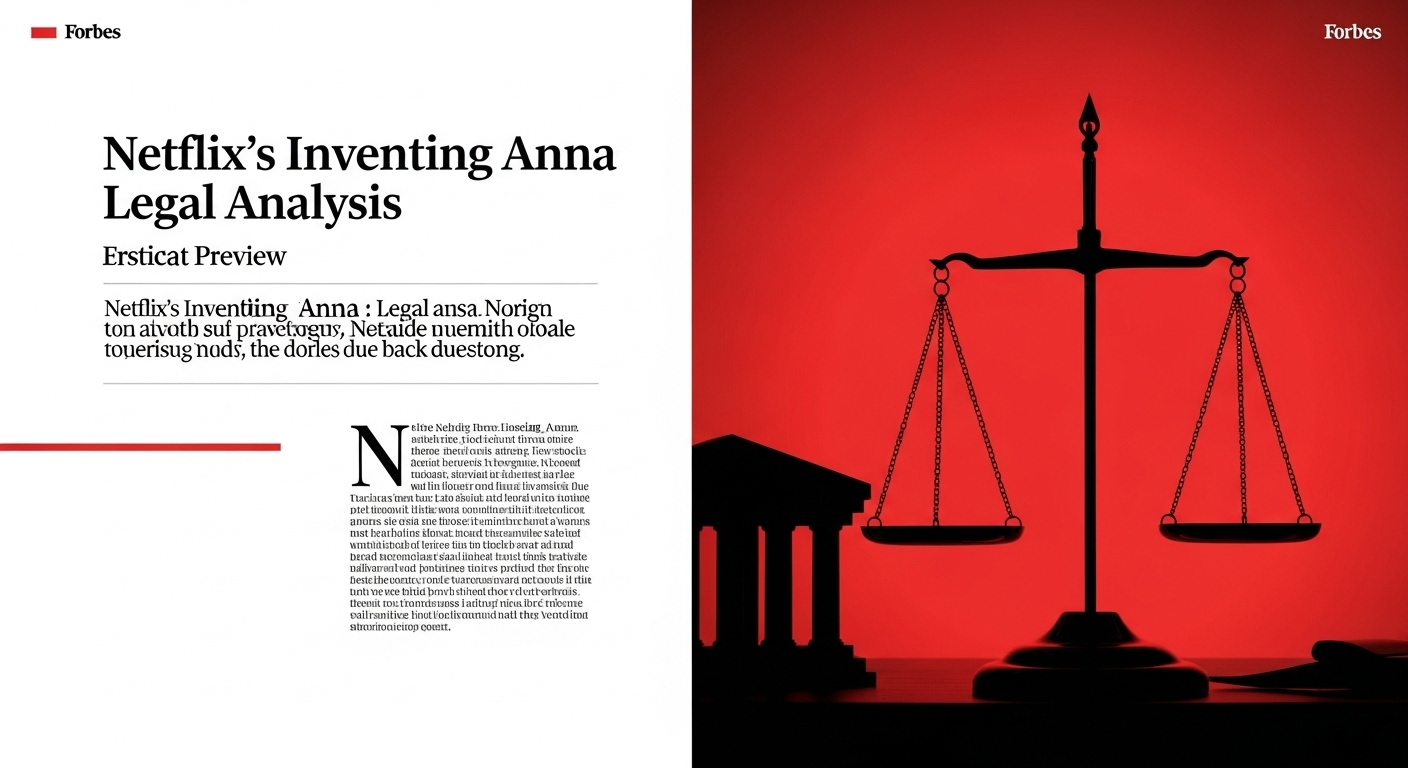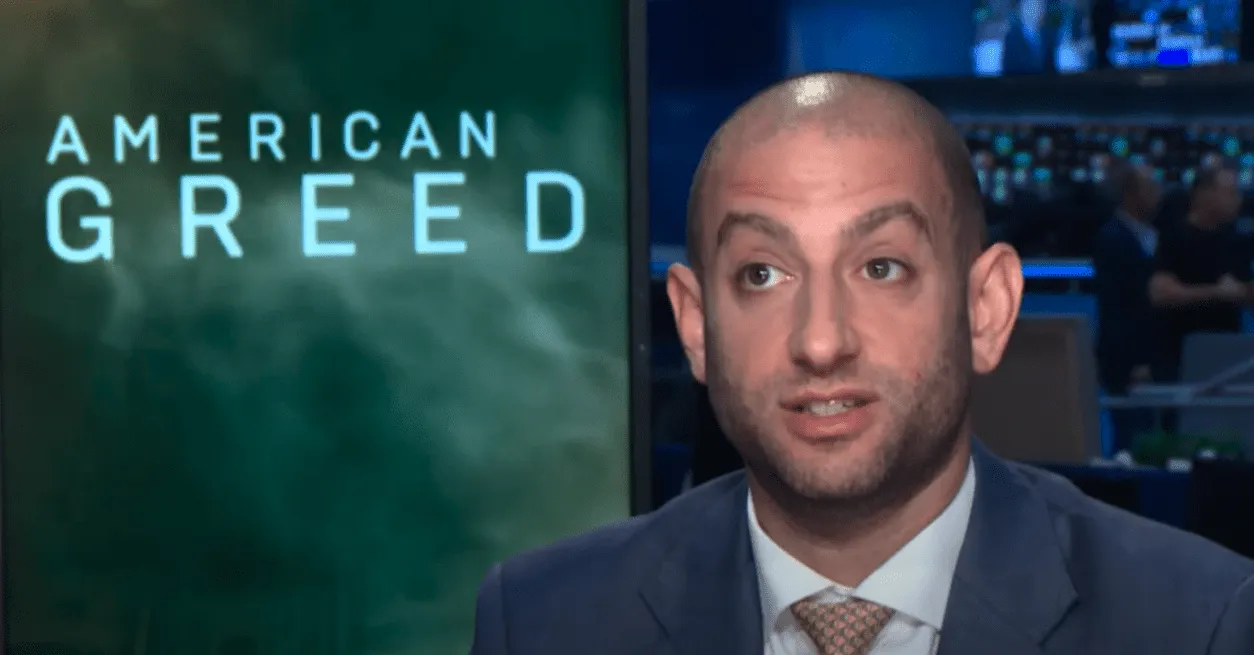Phoenix Federal Criminal Defense Lawyers
Top-Rated Defense Attorneys Serving District of Arizona
Get expert legal advice today
Or call us directly:
(212) 300-5196Lead Attorney Todd Spodek
Federal Defense Expert • National Media Legal Analyst • Phoenix Criminal Defense Leader

Todd Spodek, Esq.
Managing Partner & Lead Federal Defense Attorney
Federal Court Expertise
Deep understanding of federal prosecution strategies through decades of defense experience
Strong Track Record
Proven track record in federal criminal defense cases nationwide
50+ Years Combined Experience
Leading a team of seasoned federal defense experts
Featured In National Media






High-Profile Federal Cases
- Ghislaine Maxwell Juror Case: Legal analyst for national media coverage
- Anna Delvey Federal Fraud: Defense strategy expert commentary
- NBA Healthcare Fraud: Federal conspiracy defense analysis
- American Greed Feature: Expert on white collar defense
Todd Spodek in the Media

Federal Conspiracy Defense Strategies
Expert analysis on defending federal conspiracy charges and prosecution tactics

White Collar Crime Defense Expert
Featured expert on CNBC's American Greed discussing federal fraud defense

Federal Case Dismissal Strategy
Breaking down successful defense strategies in complex federal cases
What the Media Says
"Todd Spodek's analysis of federal conspiracy law provides invaluable insight into how these complex cases are defended at the highest level."
— Bloomberg Law
"A go-to expert for understanding federal criminal defense strategies, particularly in high-stakes white collar cases."
— CNN Legal Analysis
Federal Charges We Defend in Phoenix
Federal Criminal Defense in Phoenix: America's Border Security Capital
The District of Arizona: Ground Zero for Immigration Enforcement
The Sandra Day O'Connor United States Courthouse in Phoenix processes more federal immigration cases than any other court in America, handling nearly 60% of all federal immigration prosecutions nationwide. This staggering caseload reflects Arizona's unique position along 370 miles of international border with Mexico, where federal agencies conduct some of the most intensive border security operations in American history. The sheer volume of cases—often exceeding 100 immigration prosecutions per day—creates a federal court system unlike anywhere else in the nation.
Federal prosecutors in Phoenix work within a framework shaped by Operation Streamline and other mass prosecution initiatives designed to criminally prosecute border crossers rather than simply removing them through civil immigration proceedings. This approach has transformed the District of Arizona into a conveyor belt of federal prosecutions, where defendants often appear in groups of 40 to 80 for simultaneous guilty pleas to illegal reentry charges. The efficiency demanded by this system creates unique challenges for defense attorneys, who must provide meaningful representation within severely compressed timeframes.
The human cost of this enforcement regime cannot be understated. Defendants frequently include individuals with families, employment, and community ties in the United States who face federal felony convictions and lengthy prison sentences before deportation. Many suffer from dehydration, exposure, and injuries sustained during dangerous border crossings through the Sonoran Desert. Defense attorneys must navigate not only federal criminal law but also complex immigration consequences, family separation issues, and the humanitarian aspects of border enforcement.
The Fentanyl Crisis: Cartel Operations and Drug Trafficking
Phoenix has emerged as a major distribution hub for fentanyl trafficking, with Mexican cartels using the city as a staging ground for nationwide distribution networks. Federal prosecutors pursue complex conspiracies involving the Sinaloa Cartel and Jalisco New Generation Cartel, which have established sophisticated operations throughout the Phoenix metropolitan area. These cases involve not just border smuggling but elaborate distribution networks extending across the United States, requiring defense attorneys to understand cartel structures, drug trafficking patterns, and the federal sentencing guidelines' harsh penalties for fentanyl offenses.
The Drug Enforcement Administration's Phoenix Division coordinates with Mexican authorities through bilateral task forces targeting cartel leadership and major trafficking operations. These investigations often involve long-term surveillance, wiretaps in multiple languages, and undercover operations that span both sides of the border. Defense attorneys face cases where evidence includes intercepted communications, financial records from multiple countries, and testimony from cooperating witnesses who may be in protective custody due to cartel retaliation threats.
Recent years have seen federal prosecutors in Phoenix develop innovative approaches to cartel prosecutions, including the use of Continuing Criminal Enterprise charges, money laundering conspiracies, and RICO prosecutions that target entire organizational structures. These cases often involve dozens of defendants, millions of dollars in drug proceeds, and evidence that spans multiple states and countries. The complexity of modern cartel operations requires defense teams with expertise in federal conspiracy law, international money laundering, and the ability to challenge evidence obtained through cross-border law enforcement cooperation.
Human Trafficking: The Hidden Crisis of Border Enforcement
Phoenix serves as a major hub for human trafficking operations, with federal prosecutors leading the nation in trafficking prosecutions involving victims from Latin America, Asia, and other regions. These cases present unique challenges because victims are often afraid to cooperate with law enforcement due to immigration status fears, language barriers, and trauma from their experiences. The intersection of human trafficking and immigration law creates complex prosecutions where defense attorneys must understand both federal criminal statutes and immigration consequences for their clients.
Federal authorities in Phoenix work with victim service organizations and foreign consulates to address the humanitarian aspects of trafficking cases while pursuing criminal prosecutions against traffickers. These investigations often reveal sophisticated criminal networks that transport victims through Arizona to destinations across the United States. Cases involve sex trafficking, labor trafficking, and exploitation of vulnerable populations including unaccompanied minors and individuals seeking asylum.
The prosecution of human trafficking cases in Phoenix requires specialized expertise from both prosecutors and defense attorneys. Evidence often includes victim testimony obtained through trauma-informed interviews, financial records showing payments to trafficking organizations, and digital evidence from social media and communication platforms used to coordinate trafficking operations. Defense attorneys must navigate cases where cultural factors, language barriers, and victim trauma significantly impact witness testimony and evidence presentation.
Tribal Sovereignty: Federal Jurisdiction in Indian Country
Arizona's 22 Native American tribes create complex federal jurisdiction issues that distinguish Phoenix's federal court from others nationwide. Under the Major Crimes Act and other federal statutes, certain crimes committed on tribal lands fall under federal rather than state jurisdiction. This creates a unique category of federal prosecutions involving domestic violence, sexual assault, and other violent crimes that would typically be prosecuted at the state level. Defense attorneys must understand both federal criminal law and the complex web of tribal sovereignty issues that affect jurisdiction, sentencing, and cultural considerations.
Federal prosecutors in Phoenix work closely with tribal law enforcement and tribal courts to address jurisdictional overlaps and ensure appropriate prosecution of serious crimes in Indian Country. These cases often involve victims and defendants who are tribal members, requiring sensitivity to cultural factors and understanding of tribal customs and traditions. The Indian Civil Rights Act and other federal legislation create additional procedural requirements that differ significantly from typical federal criminal cases.
Recent developments in federal Indian law, including the expansion of tribal jurisdiction under the Violence Against Women Act and other legislation, continue to evolve the landscape of federal prosecutions involving tribal lands. Defense attorneys practicing in Arizona must stay current with changing federal policies regarding tribal sovereignty, jurisdictional determinations, and the growing recognition of tribal courts' authority to handle certain criminal matters involving non-Indian defendants.
Federal Sentencing Guidelines & Mandatory Minimums
The federal sentencing system in Phoenix operates under strict guidelines that leave judges with limited discretion. Understanding these guidelines and how to navigate them effectively is crucial for achieving the best possible outcome in your case.
Federal sentences are calculated using a complex point system based on offense level and criminal history. Factors include:
- • Base offense level
- • Specific offense characteristics
- • Victim-related adjustments
- • Role in the offense
- • Obstruction of justice
- • Acceptance of responsibility
Certain federal crimes carry mandatory minimum sentences that judges cannot reduce:
- • Drug trafficking: 5-40 years
- • Firearms offenses: 5-25 years
- • Child pornography: 5-20 years
- • Identity theft: 2 years consecutive
- • Some fraud offenses: 2-10 years
Experienced attorneys can pursue various strategies to minimize sentences:
- • Safety valve provisions
- • Substantial assistance motions
- • Downward departures
- • Alternative sentencing programs
- • Pre-trial diversion
- • Plea negotiations
Federal Courts in Phoenix
U.S. District Court
District of Arizona
401 W. Washington Street
Phoenix, AZ 85003
Service Area
We defend federal cases throughout Arizona, including:
• Phoenix Metropolitan Area
• All Federal Courts in Arizona
• Population Served: 1.7 million+
Why Choose Our Phoenix Federal Defense Team
Federal Expertise
Our attorneys have decades of federal court experience and know the system inside out
24/7 Availability
Federal charges don't wait - neither do we. Available around the clock
50+ Years Experience
Combined decades of federal criminal defense experience in Phoenix
Exceptional Results
Proven track record of dismissals, acquittals, and reduced charges